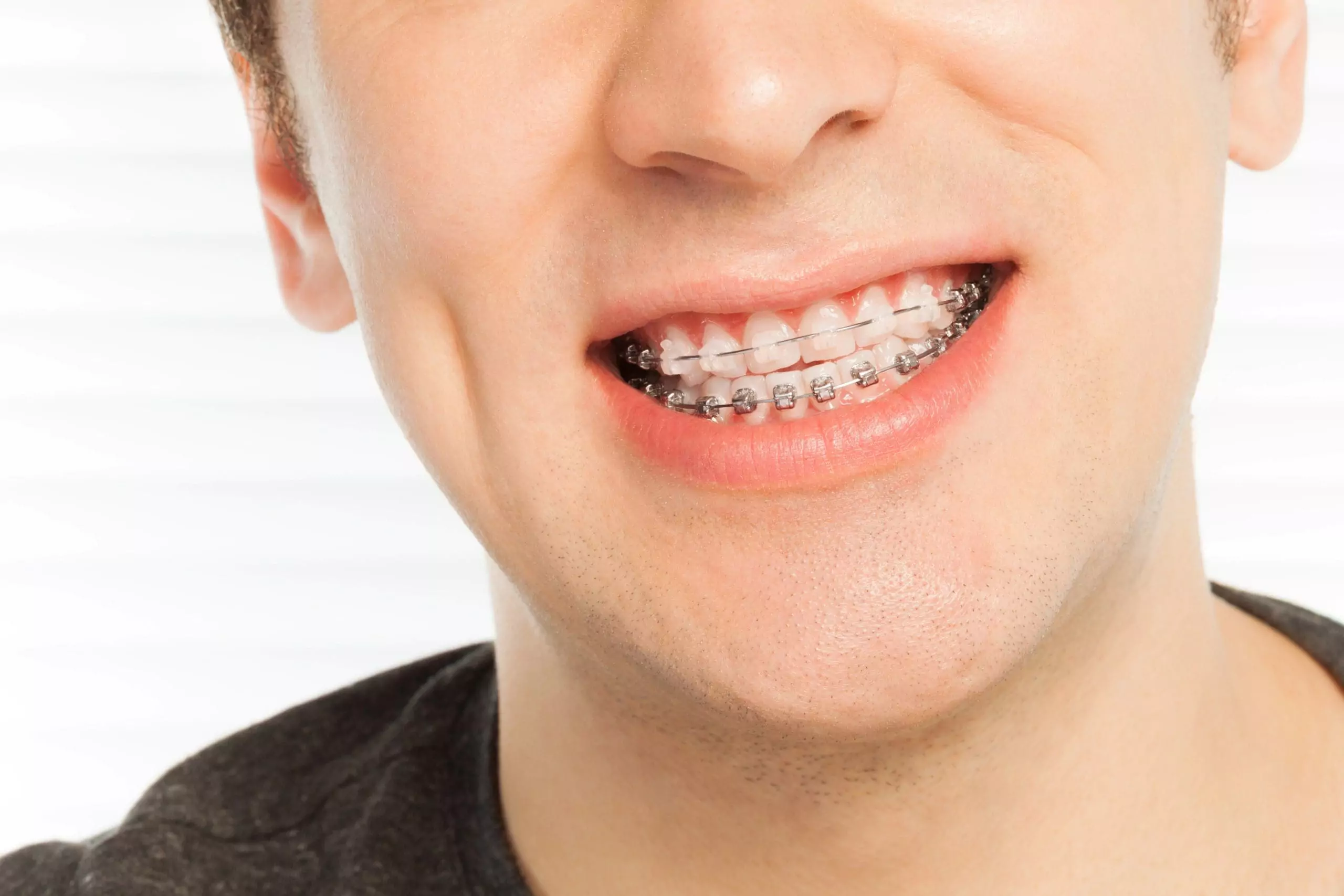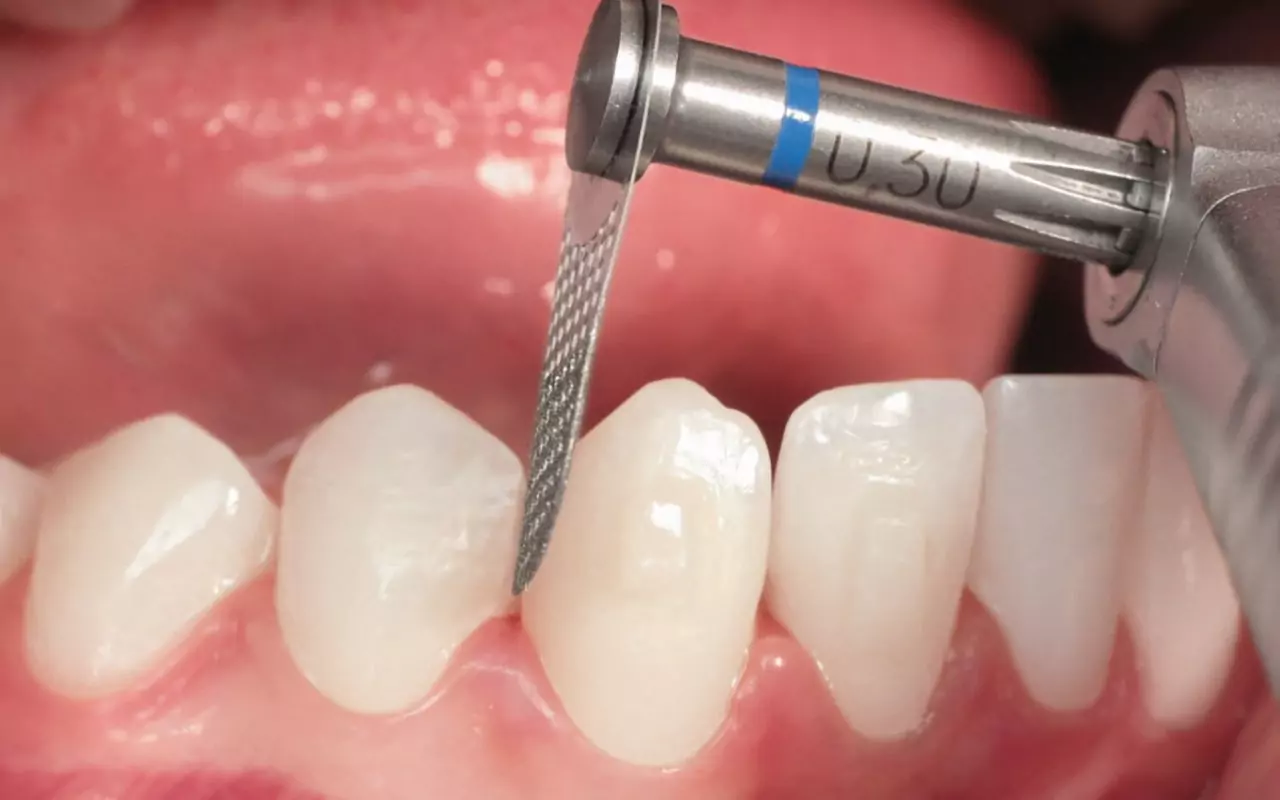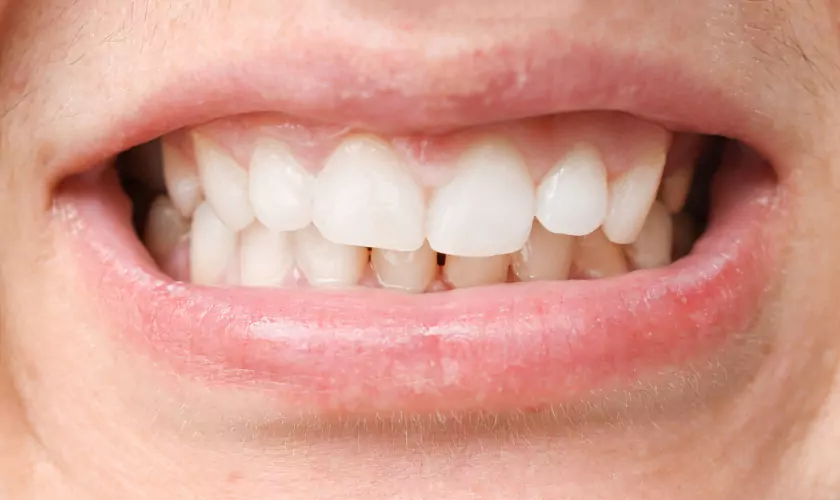Jaw and Bite Correction
Why is jaw and bite correction important?
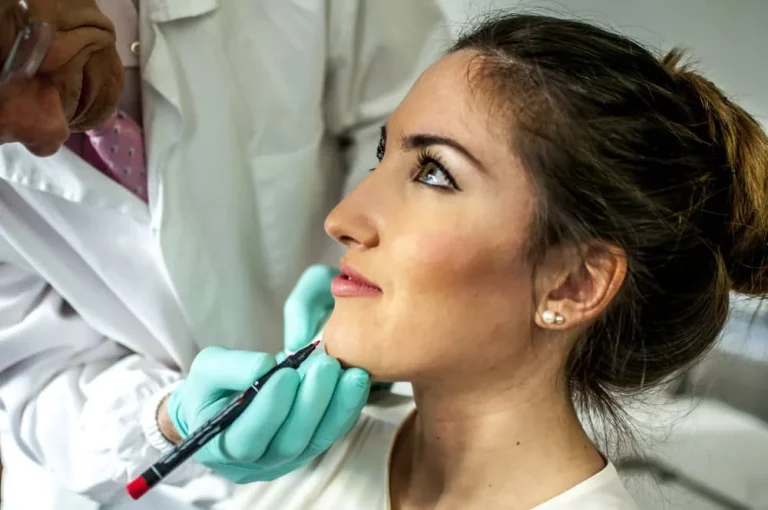
Jaw and bite correction are significant aspects of restorative dentistry, as they can have a major impact on a person’s dental health and functionality.
The mandible is a mobile bone that is attached to the head through the temporomandibular joint (TMJ). The bite refers to the way the upper and lower teeth meet. When the jaw and bite are not properly aligned, it can cause a number of health issues, such as facial pain, difficulty chewing, headache, and joint problems.
What are the causes of jaw and bite concerns
Common causes are:
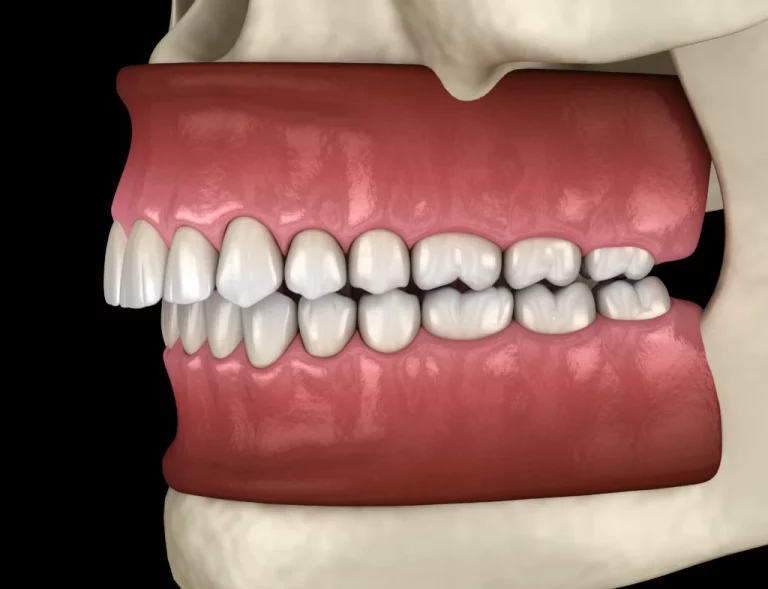

- Natural wear and tear due to age
- Jaw injuries
- Repetitive chewing of hard foods
- Bruxism - grinding of the teeth
- Genetic factors
They can also result from diseases such as arthritis and temporomandibular joint (TMJ) syndrome.
What symptoms are manifested with jaw and bite problems?
New Technologies and Techniques for Less Invasive Procedures
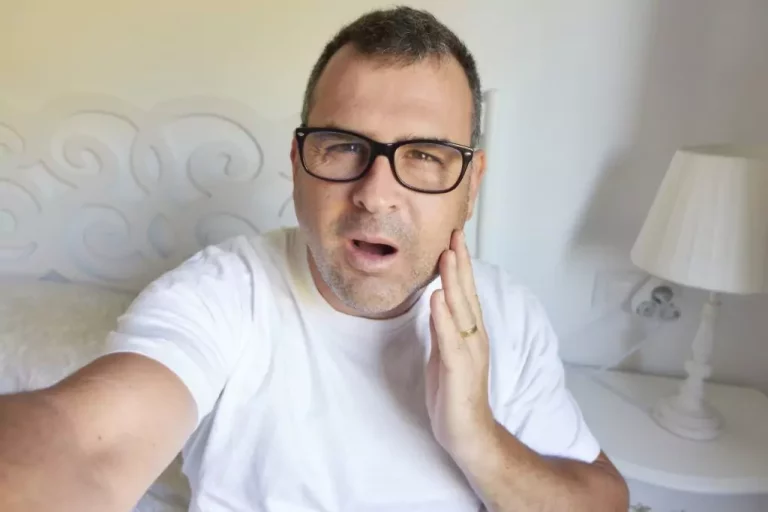

The symptoms of jaw and bite difficulties can range from mild to severe.
The most common symptoms are: jaw pain, difficulty opening and closing the mouth, headache, ear pain, clicking in the jaw joint and pain when chewing.


19 Natural Antibiotics to Ward Off Any Dental Infection
Sign up to receive daily email dentist tips and challenges, as well as our comprehensive Better smile Guidebook.
How are jaw and bite issues diagnosed?
If any of these symptoms are perceived, the dentist should be consulted to make the corresponding assessment and diagnosis. In this procedure, the following may be required:
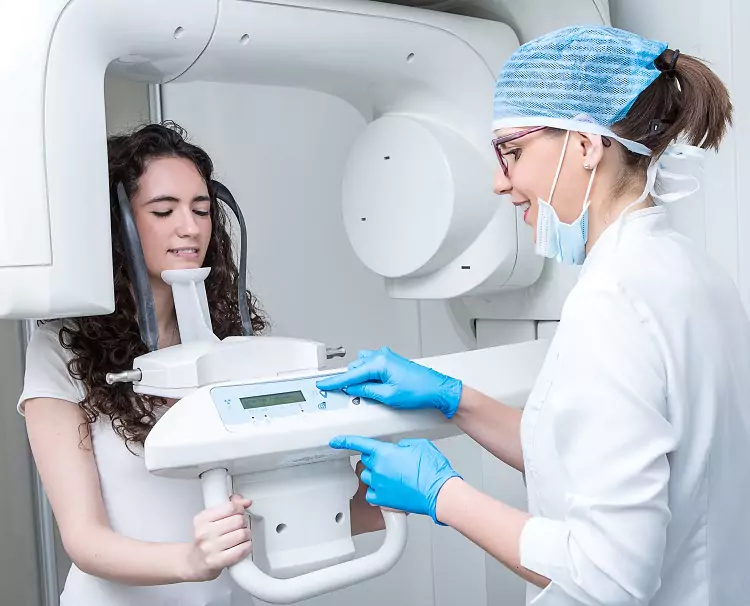

- Dental x-rays to examine the teeth and jaw
- CT scan to have detailed images of the bones involved in the joint
- MRI to reveal problems with the joint disc or surrounding soft tissue
What is the treatment for jaw and bite correction?
After knowing the opinion of the assessment, the treatment to follow is determined, which depends on the cause and severity of the situation.
Common treatments include:
Night splints
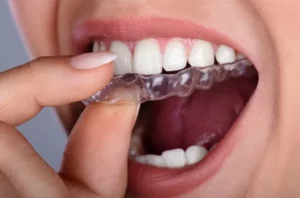

If the bite difficulty is a consequence of bruxism, a night splint may be recommended to prevent teeth from grinding while you sleep.
Orthodontics
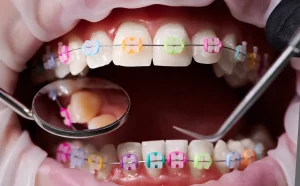

if the bite issue originates from a malposition of the teeth, orthodontics to relocate the teeth to a more suitable position will be the therapeutic alternative
Maxillofacial Surgery
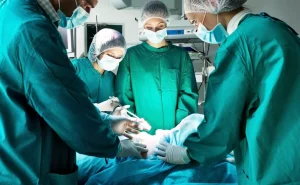

If the cause of the problem is a malformation or deformity of the jaw bones, surgery may be recommended to correct the bone. This surgery is performed by an oral and maxillofacial surgeon.
Physical therapy
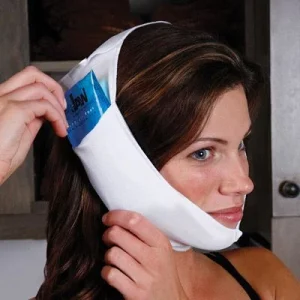

If the cause is an injury or strain to the jaw muscles, physical therapy may be recommended to help relieve muscle tension and improve jaw mobility.
Diet modification


If the bite concern stems from chewing hard foods too frequently, the solution is to modify the diet to include softer, easier-to-chew foods.
Jaw and bite correction can be a lengthy and complex process. The intervention of several health professionals may be required to achieve the best results.
Following the treatment recommendations and attending follow-up consultations to ensure that the situation evolves appropriately is an essential factor.
Conclusion
Where do you find the required dental care?
If you suspect you have a jaw or bite problem, you should seek dental care as soon as possible and have your condition diagnosed.
For the assessment, diagnosis and subsequent treatment -if it is required-, contact a dentist with experience in the specialty. In our directory of oral health professionals, you will find several dental care alternatives. Consult it and go to the professional who meets your requirements.



19 Natural Antibiotics to Ward Off Any Dental Infection
Sign up to receive daily email dentist tips and challenges, as well as our comprehensive Better smile Guidebook.
Our Doctor
Meet Doctor



19 Natural Antibiotics to Ward Off Any Dental Infection
Sign up to receive daily email dentist tips and challenges, as well as our comprehensive Better smile Guidebook.



